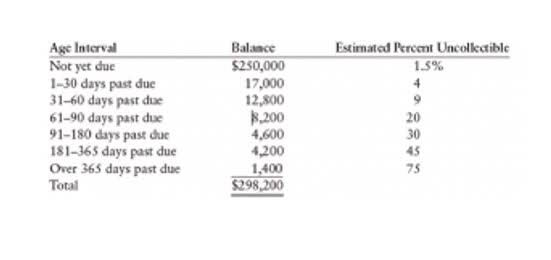
“I do think we need to communicate clearly to Twelve-step program the public that alcohol is not beneficial—that a little bit of alcohol is probably not harmful, but don’t expect benefits,” Dr. Nissen explains. Assessing the risks and benefits of alcohol consumption remains an active area of research that may lead to major changes in official guidelines or warning labels. For millions of people, it’s a regular part of the dining experience, social and sports events, celebrations, and milestones. And the alcoholic beverage industry is a major economic force, responsible for more than $250 billion in sales annually in the US. If you have developed any complications of high blood pressure or alcohol intake, your doctor can also help you manage them as well. One of the most appropriate ways to reduce alcohol-induced high blood pressure is to reduce your alcohol intake as much as possible.
How a Yoga Practice Helped Me Navigate My Relationship With Alcohol During Dry January

Physical activity helps your heart become more efficient at pumping blood, reducing the pressure on your arteries. Aim for at least 30 minutes of moderate exercise, such as brisk walking, most days of the week. Metabolism and ClearanceMost alcohol is processed by the liver, where enzymes (e.g., alcohol dehydrogenase) break it down into acetaldehyde and then acetate. The average person’s body can generally handle about one standard drink per hour. Exceeding that rate can lead to rising blood alcohol concentrations, which can contribute to short-term physiological changes and potential harm if done repeatedly over time. UTMB’s Dr. Samuel Mathis tells The Healthy that alcohol raises blood pressure by increasing renin—a protein that constricts arteries—and decreasing nitrous oxide, which is a compound that relaxes them.

‘It’s Amazing How It’s All Connected.’ Here’s How Trauma Can Affect Your Pelvic Floor
- Meanwhile, it also impacts the body’s regulatory systems for vascular tone, fluid balance, and hormone release.
- A number of experts have recommended revision of the guidelines toward lower amounts, as more studies have linked even moderate alcohol consumption to health risks.
- Some studies suggest low amounts of alcohol may provide health benefits.
- A doctor may recommend a person with hypertension not to consume energy drinks.
- Read on to learn more about alcohol and blood pressure, as well as what drinks may benefit a person who has hypertension and when to talk with a doctor.
Over time, this added strain can lead to hypertension, or chronically high blood pressure, a condition that significantly increases your risk of heart disease, stroke, and other health problems. If you’re generally healthy and under 40 years old, you should have your blood pressure checked every two to five years. Drinking more than three drinks in one day or heavy alcohol use over time significantly raises blood pressure alcohol levels. Cutting back on alcohol is one of the most effective ways to reduce your risk of hypertension. Even small changes, like switching to lower-alcohol beverages or having alcohol-free days, can make a significant difference.

Are there any health benefits to drinking alcohol?
Ultimately, if you value your cardiovascular well-being, consider how alcohol fits into your broader health picture. Whether it’s measuring out standard drinks more carefully, bp alcohol scheduling alcohol-free days, or joining structured treatment, mindful choices about drinking lead to better outcomes for blood pressure and beyond. For men, moderate drinking is defined as up to two drinks per day, and for women, it is one drink per day. The tolerable consumption amount of any alcohol is considered five or more drinks for men and four or more drinks for women in 2 hours. When it comes to alcohol and high blood pressure, a 2023 study published in the AHA’s journal, Hypertension, found that an average daily consumption of 12 grams of alcohol can increase systolic blood pressure by 1.25 mmHg. This rise can reach up to 4.9 mmHg with an intake of 48 grams daily, particularly in men.
The organization suggests the results of studies that report the heart benefits of red wine may instead have a basis in lifestyle factors other than alcohol. According to the CDC, the reported health benefits of moderate alcohol consumption may be inaccurate. The Centers for Disease Control and Prevention (CDC) notes that if a person has hypertension, they may have a higher risk of conditions such as heart attack, stroke, and heart disease. In the moment, having one or two drinks may actually temporarily lower your blood pressure by a few points.
- In addition, alcohol may reduce the risk of one condition (such as cardiovascular disease) while increasing the risk of another (such as cancer).
- Even among the positive studies, potential health benefits are often quite small.
- One drink equals 12 ounces of beer, 5 ounces of wine, or 1.5 ounces of liquor, per the AHA.
- Then make sure to check out The Worst Alcoholic Beverages For Blood Sugar.









